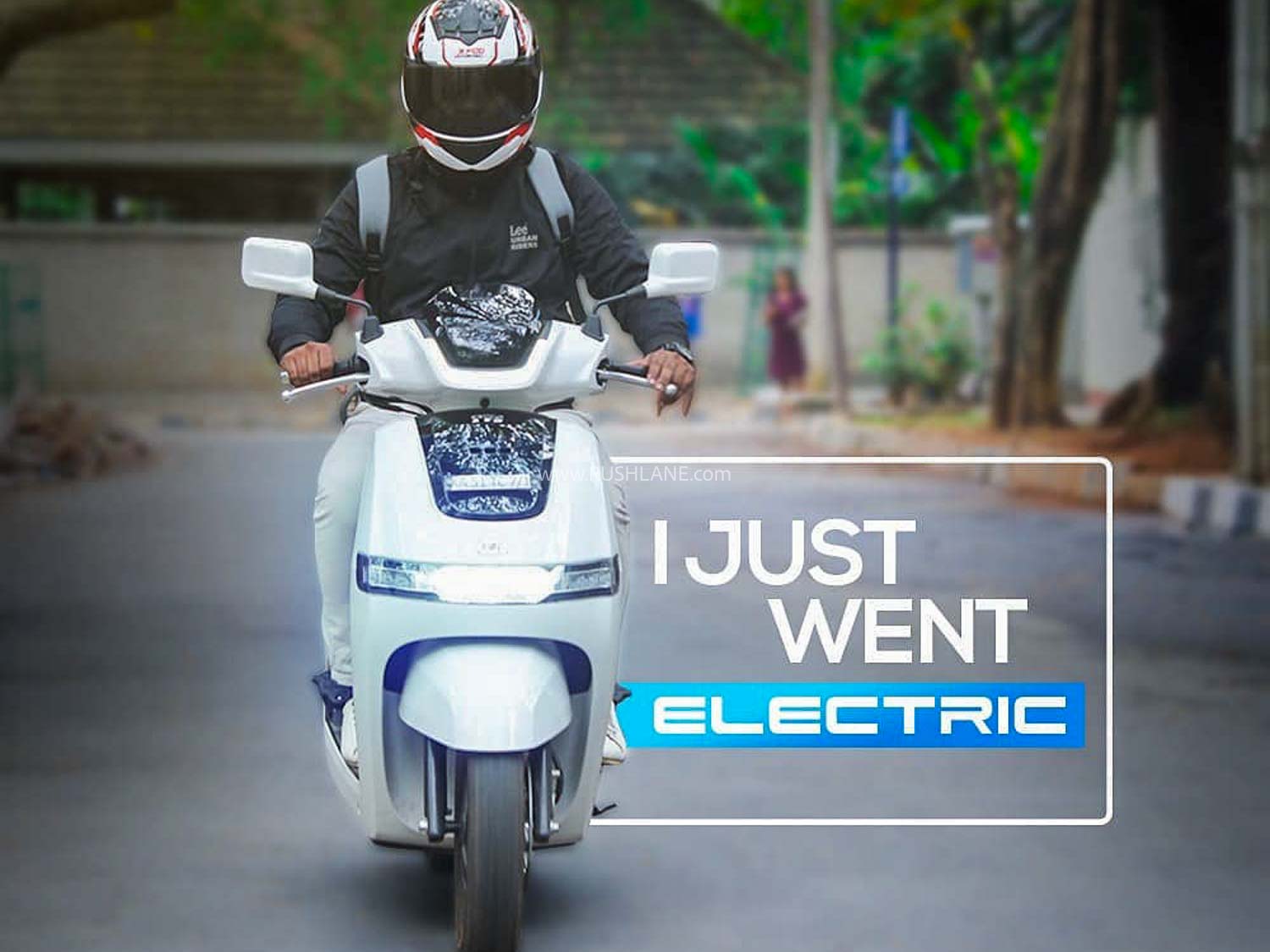The Indian automotive market, as a whole, is at an infant stage when it comes to electric mobility. However, the scooter segment is lately seeing a growing interest in emission-free modes of transport. At the moment, scooters are the best platforms to introduce the wider public to electric powertrains even though brands such as Tata Motors, Mahindra, MG Motor and Hyundai are doing an appreciable job in the four-wheeler segment.
In the electric two-wheeler market, Ather Energy is often regarded as the benchmark. Still, major brands in the business have introduced decent products to the competition. This includes Bajaj Auto’s Chetak and TVS Motor Company’s iQube. In March 2020, Bajaj sold 91 units of its Chetak EV while TVS was able to sell only 18 iQube units. FY2020 (1 April 2019 – 31 March 2020) sales hit 212 and 62 units, respectively.
These figures cannot be compared to that of regular CVT scooter sales as both the TVS iQube and Bajaj Chetak are available only in select cities. Furthermore, half of March 2020 came under the Indian government’s COVID-19 lockdown protocol. The automotive industry has been badly hit by COVID-19 and while brands are planning new business strategies, several dealerships are on the verge of going out of business completely.
Bajaj Chetak vs TVS iQube Electric Scooter Sales
| Electric | Mar-20 | FY 2020 |
|---|---|---|
| Bajaj Chetak | 91 | 212 |
| TVS iQube | 18 | 62 |
| Total | 109 | 274 |
| Diff | 73 | 150 |
Bajaj Auto brought back its iconic Chetak branding in an electric format earlier this year at a starting price of Rs 1 lakh ex-showroom. It comes in two formats: Urbane and Premium (Rs 1.15 lakh). The Bajaj Chetak EV is powered by a 3kWh IP67-rated lithium-ion battery with a peak output of 4.8kW (6.44bhp) and 16Nm of mechanical torque. Range figures exceed 95km on a full charge and 0-100% charging time stand at five hours. The two riding modes (Eco and Sport) create a noticeable difference in range and performance.

TVS iQube
TVS Motor Company launched the iQube within two weeks of the Chetak’s debut, at Rs 1.15 lakh on-road (Bangalore). It is powered by a 4.4kW (5.9bhp) hub-mounted electric motor that produces 140Nm of ‘motor torque’. The powertrain has a pack of three lithium-ion batteries that promise a range of roughly 75km. Charging time remains the same as its rival at five hours, using a standard wall charger.
Hero Electric, the biggest emission-free two-wheeler manufacturer in India, has recently introduced an online purchase platform for its products. Introductory discounts of up to Rs 5,000 are also applicable to interested buyers. The company recently postponed the launch of its first e-motorcycle due to the virus outbreak.
Get news in your inbox. Signup for the newsletter.
Source: Bike - rushlane.com



